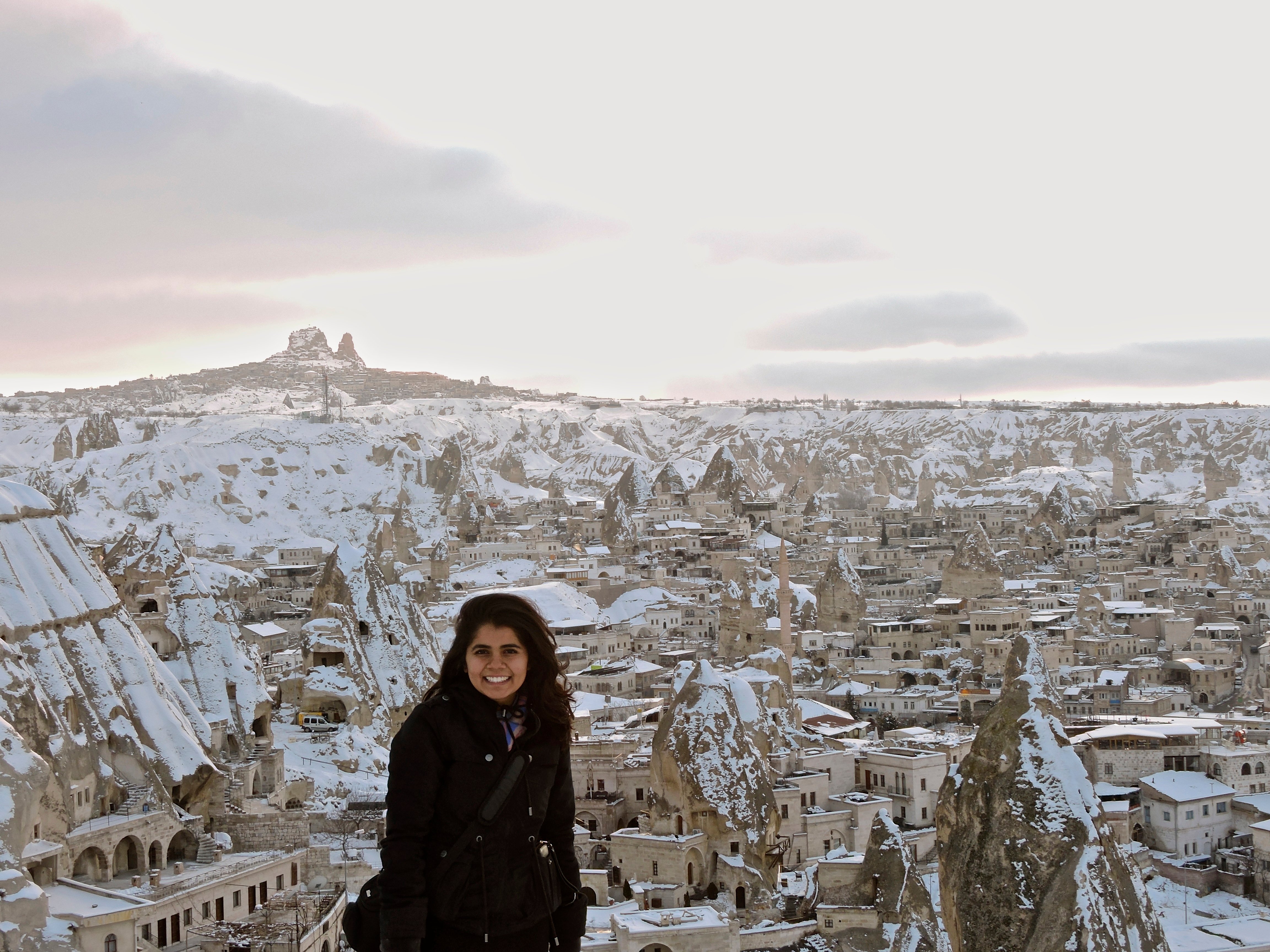
Students hoping to travel to Istanbul during winter quarter as part of the Istanbul Overseas Program will need to find an alternative, as the program has been postponed due to a U.S. government travel warning to Turkey. The announcement was made recently by Ramon Saldivar, director of the Bing Overseas Studies Program, who hoped that the program could resume next fall.
A number of factors have led to destabilization in Istanbul this year, according to Ali Yaycioglu, an assistant professor of history who teaches courses on modern Turkey and Istanbul.
“[Sources of destabilization include] the Syrian war, the refugee crisis and the escalation of tension in the Eastern regions of Turkey as a result of [problems] in the peace process between the Turkish State and PKK, the Kurdish guerrilla movement,” Yaycioglu said via email. “[To add] upon that, there is an election on [Nov. 1].”
According to Saldivar, the major factor in the postponement was the Turkey travel warning issued by the U.S. government. He said this is the first time a notice of this severity has been released for the region since Istanbul was first considered for a program. Although the warning did not provide specific details, both American and Turkish press reported frequent violence over the summer, notably a bombing during a political rally in the capital city of Ankara on Oct. 10 that claimed over 100 lives. Students and parents also voiced concern regarding the feasibility of the winter program, and many students backed out after initially applying.
“Parents and students need to make this decision, in part, on their own. I can’t decide for them what’s safe and what isn’t,” Saldivar said. “However, I can decide certain thresholds beyond which we cannot go and when the United States State Department issues a Travel Warning for Turkey, that was our threshold.”
Although Ankara is in a different part of the country than Istanbul, Saldivar still sees the sequence of events as cause for extreme concern.
“[An Ankara-like incident] has not yet happened in Istanbul, but there’s no guarantee that it won’t. Ankara [is vulnerable] obviously, because it’s the capital of Turkey, but Istanbul is the major city, the big metropolis,” Saldivar said.
According to Saldivar, the Istanbul program was originally established in the same manner as other overseas program; faculty proposed the idea with an academic rationale. Pilot seminars were hosted before the first full quarter was launched last winter.
According to Johannah Brady ’16, student ambassador for the Istanbul program, winter quarter was an extremely positive experience. She greatly appreciated Istanbul’s rich history, as well as the variety of experiences available.
“You can be in one part of the city, walking into a ninth-century Byzantine church, and be surrounded by women who are in full burqas, and then as you hop on public transportation of some sort and go to a different neighborhood, it’s an amazing club scene, with women in miniskirts,” Brady said.
During the program, Stanford students live at Koç University, allowing them to integrate into the foreign campus. Last winter quarter, Stanford students stayed at Koç during the end of one term, one break and the beginning of another term. One benefit that Brady noted for the proposed fall quarter in Istanbul is the ability to more closely cohere to Koç University’s schedule.
Students who were originally enrolled in the program for this winter have three choices: They can simply apply again next year, they can switch to programs in Berlin, Kyoto or Madrid (provided language requirements are fulfilled) or they can accept a guaranteed slot in the event the Istanbul program resumes next fall.
Saldivar said the resumption of the program depends on the lifting of the Turkey travel warning and agreement from Koç University. If the hold is lifted but security is still a concern, Bing will consult with a faculty advisory committee as well as Stanford’s offices of Risk Management and Global Affairs to determine whether or not the program goes forward.
“Speaking as someone who’s traveled for a bit [in Istanbul], there’s nowhere in the world like Istanbul — and it’s a very unique program,” said Brady. “I hope it continues.”
Contact Skylar Bromley Cohen at skylarc ‘at’ stanford.edu.
